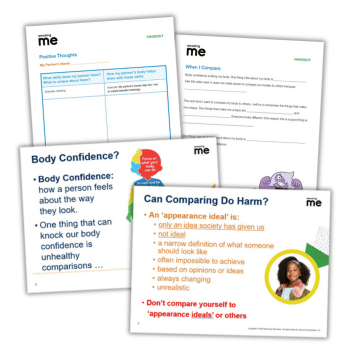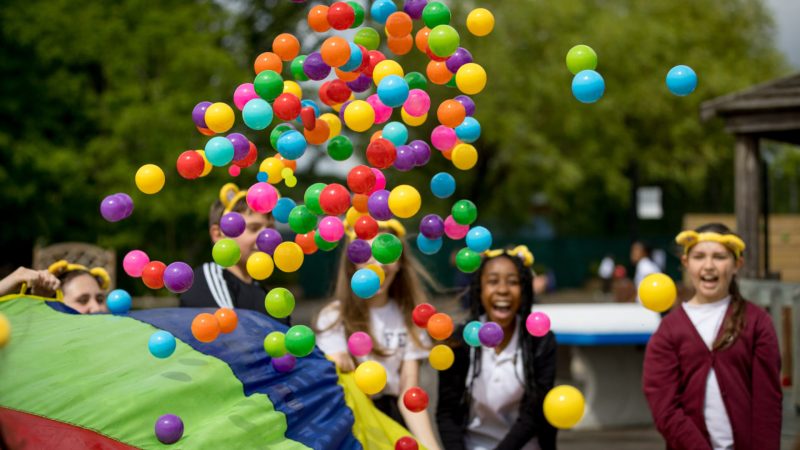How to Build Kids’ Confidence in Nursery

Not everybody is an extrovert and shy children may need your help to emerge from their shells, says Sue Cowley…

- by Sue Cowley
- Author of more than 30 books for educators Visit website

Some children are naturally confident and outgoing, settle quickly into your setting and find it easy to make their needs known to adults. Others are more introverted, and can take a significant amount of time before they feel comfortable with you.
Even once they are happy to be in the setting, some children might struggle to get involved with others, preferring solitary activity to the hustle and bustle of physical play.
The scenario
Alfie started at your setting several months ago and was very slow to separate from his parents. While he no longer gets upset at drop-off time, you worry about his personal and emotional development, particularly the way that he seems unwilling to socialise with other children.
You often notice him standing to one side, watching the others play, with what you imagine is a wistful look on his face. When you try to support Alfie to join in, he tends to ‘blank’ you and wander off to play on his own.
Introverts and extroverts
It’s important to remember that we all vary in how confident we are, how much we enjoy socialising and whether we like being in the company of others.
As practitioners we must differentiate between a child who may be lagging behind developmentally, or have some form of special need, and a child who simply prefers to play alone.
There may be clues in the family environment – an only child from a small family may have less opportunity to play with others than a child brought up with a number of siblings and a large extended family.
While learning how to socialise is important, it’s crucial not to make the child feel that there is anything ‘wrong’ with preferring to play alone.
Supporting the child
To support Alfie in building his confidence to join in with the other children’s play…
- Play with and alongside Alfie, using sustained shared thinking to get an insight into his thoughts and feelings.
- Talk about non-verbal cues that express emotion, to help Alfie learn to ‘read’ how other children are feeling. For instance, saying, “Oh look, Freddie is enjoying that game; he’s laughing as he plays.”
- Talk as a group about the attitudes that we need to build relationships. What do good friends do? How can we help others join in if they feel shy?
- Play team games, for instance, with a parachute, to give Alfie the ‘feel’ for being part of a larger group.
Identifying SEND
A child’s behaviours can be a clue or a cue to explore the possibility that they have a special educational need. Where you notice a child who finds it difficult to socialise, or to pick up on social cues, this could be a sign that they have an autistic spectrum condition.
Ask staff to observe the child, and look to see whether there are other indicators that might cause you concern. Visit autism.org.uk/about/what-is to find out more.







